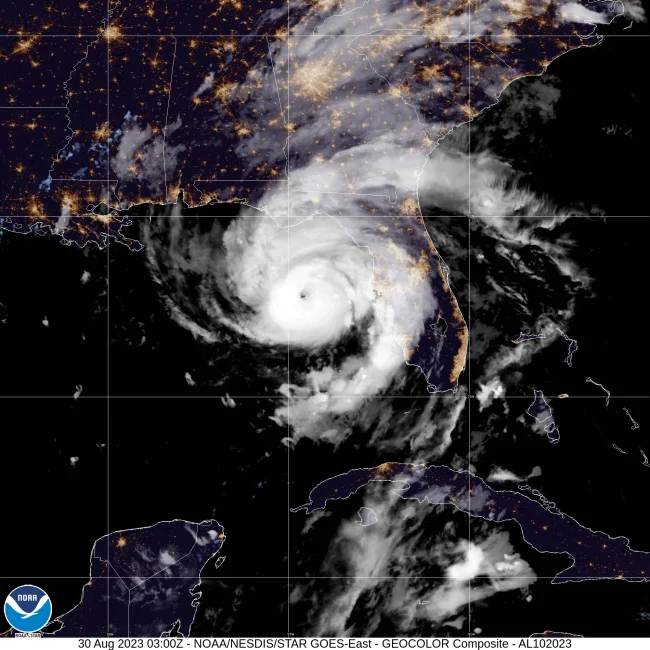Introducing WPO’s ‘PART’ Program
WPO’s Research Transitions team is now the Portfolio Analysis and Research Transitions (PART) Program as it takes a more integrated approach to transitioning research into practice. PART’s primary role in the office involves active coordination across programs within WPO, such as identifying where research in one area connects with another. “This broader view will enhance…










